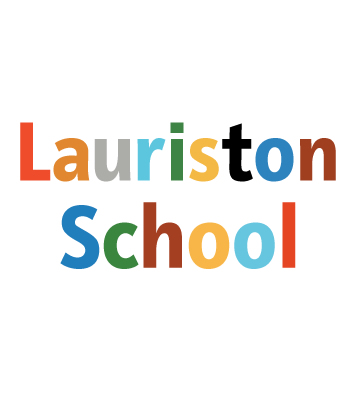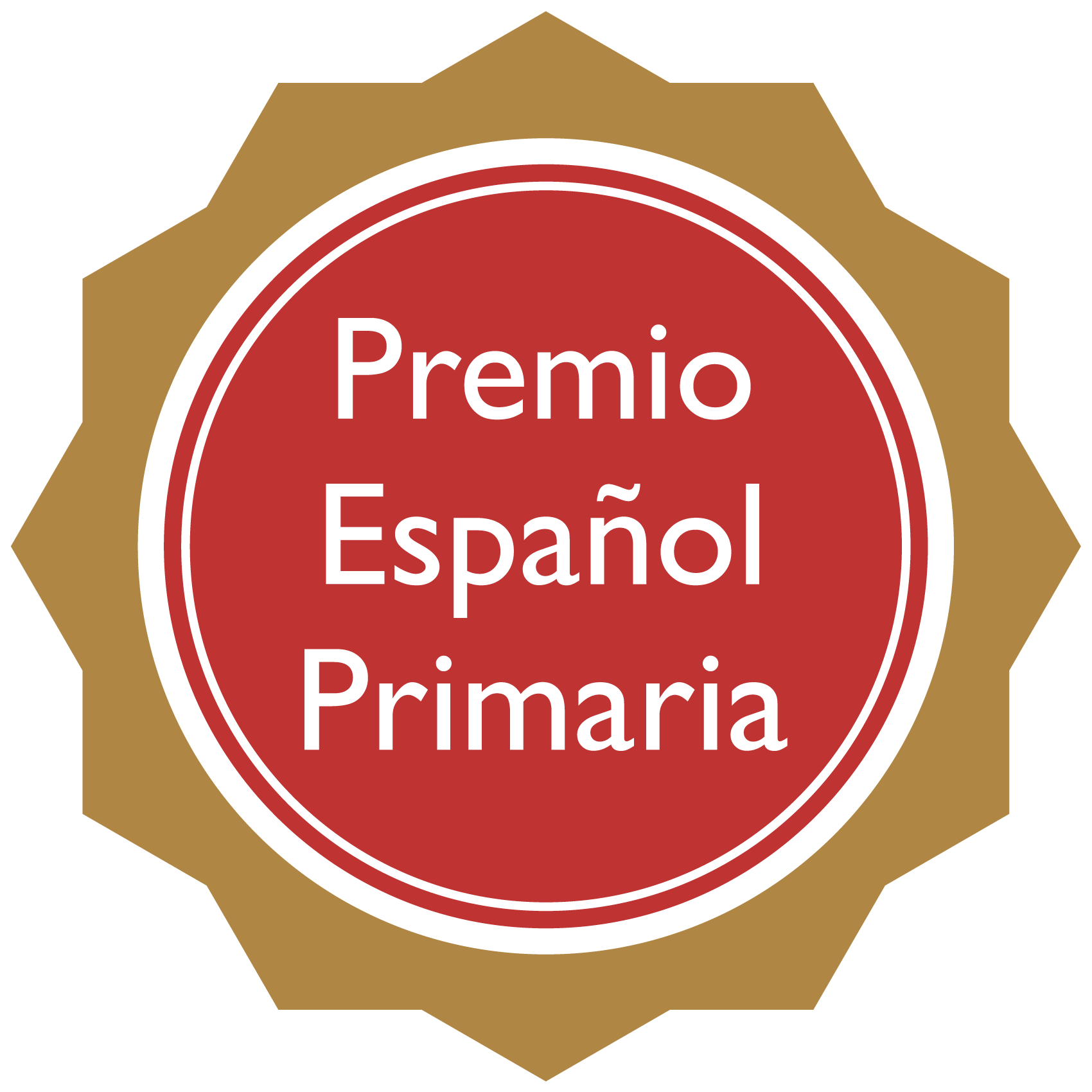Our vision at Blossom Federation is to nurture a life-long love and confident use of Maths. We aim to develop lively, enquiring minds encouraging pupils to become self-motivated, confident and capable in order to solve problems that will become an integral part of their future. Through their school career they are able to develop an identity as a mathematician, so they are ready for Secondary School. Maths is an integral skill that will support children’s readiness for the world. We want children in our school to become enthusiastic, independent and reflective learners. Essentially, we want children to love Maths.

If you would like to know more about this area of the curriculum, please talk to Ian Lovett.
Aims
- Ensure that the Maths curriculum equips teachers with the knowledge and understanding to ensure all pupils are confident in arithmetic and reasoning.
- Outline our approach to ensure that all children receive a progression of key skills and knowledge in Maths.
- All pupils become fluent in the fundamentals of maths, so that they have a conceptual understanding and are able to recall and apply their knowledge rapidly and accurately
- To develop pupil’s ability to communicate information and ideas, orally, graphically and symbolically, using precise mathematical language
- Pupils to acquire increasing precision in use of language and written procedures interpreting diagrams and notation, providing explanations and reasons for their methods and choices.
- Help children recognise the value of Maths as a life skill and solve problems by applying their mathematical knowledge to a variety of problems.
- To foster a love of maths
- To provide equal opportunities for all pupils to learn maths, irrespective of race/gender/class/ability and have high expectations for all. To achieve this, we use a ‘Mastery’ approach to our lessons, whereby children are taught through whole-class interactive teaching where the focus is on all children working together on the same lesson content at the same time to master the content of the National Curriculum 2014.
- Explore new mathematical concepts using a CPA (Concrete, Pictorial and Abstract) approach to allow pupils to spend longer on key mathematical concepts in particular number to develop a deep knowledge of key ideas.
- Maths planning is based on the 2014 National Curriculum and enhanced by a wide range of resources (White Rose and NCETM’s Professional Development documentation (2019). This ensures a progressive and thorough curriculum in every year group. Teachers know which objectives must be taught and assessed in each year group and can follow progressive small steps to ensure pupils have a comprehensive understanding of maths.
Mastery Approach
Mastering maths means pupils of all ages acquiring a deep, long-term, secure and adaptable understanding of the subject. The phrase ‘teaching for mastery’ describes the elements of classroom practice and school organisation that combine to give pupils the best chances of mastering maths. Achieving mastery means acquiring a solid enough understanding of the maths that’s been taught to enable pupils to move on to more advanced material.
Policies
Pupil Voice
Here's what our children think about maths at Lauriston.
Fluency
Times Table Rock Stars
 Ready, set, go! We have now signed up for Times Table Rock Stars. It is a fun and interactive Times Tables learning tool. Times Tables Rock Stars is a carefully sequenced programme of daily times tables practice at rapid recall. This is especially important as there is a DfE issued Times Table assessment in Year 4 in 2020. Learning the Times Tables will also allow the children to pass the Head Teacher Times Tables Award (HTTA) where they will go home with a prize, certificate and become a Times Tables Tutor. Your children should have all received login details. It’s time to start rocking the times tables!
Ready, set, go! We have now signed up for Times Table Rock Stars. It is a fun and interactive Times Tables learning tool. Times Tables Rock Stars is a carefully sequenced programme of daily times tables practice at rapid recall. This is especially important as there is a DfE issued Times Table assessment in Year 4 in 2020. Learning the Times Tables will also allow the children to pass the Head Teacher Times Tables Award (HTTA) where they will go home with a prize, certificate and become a Times Tables Tutor. Your children should have all received login details. It’s time to start rocking the times tables!
Maths in the EYFS
Developing a strong grounding in number is essential so that all children develop the necessary building blocks to excel mathematically.
Children should be able to count confidently, develop a deep understanding of the numbers to 10, the relationships between them and the patterns within those numbers. By providing frequent and varied opportunities to build and apply this understanding - such as using manipulatives, including small pebbles and tens frames for organising counting - children will develop a secure base of knowledge and vocabulary from which mastery of mathematics is built.
In addition, it is important that the curriculum includes rich opportunities for children to develop their spatial reasoning skills across all areas of mathematics including shape, space and measures. It is important that children develop positive attitudes and interests in mathematics, look for patterns and relationships, spot connections, ‘have a go’, talk to adults and peers about what they notice and not be afraid to make mistakes."
Early learning goals that link to maths:
ELG Number -
- Have a deep understanding of number to 10, including the composition of each number.
- Subitise (recognise quantities without counting) up to 5.
- Automatically recall (without reference to rhymes, counting or other aids) number bonds up to 5 (including subtraction facts) and some number bonds to 10, including double facts.
ELG Numerical patterns -
- Verbally count beyond 20, recognising the pattern of the counting system.
- Compare quantities up to 10 in different contexts, recognising when one quantity is greater than, less than or the same as the other Quantity`.
- Explore and represent patterns within numbers up to 10, including evens and odds, double facts and how quantities can be distributed equally
In the EYFS children...
- Sing lots of number songs and rhymes whilst learning to count forwards and backwards.
- Learn all about shapes and their properties so that they can describe them in simple terms.
- Use a range of equipment to explore capacity, weight, size and money in real-life situations (such as tape measures, balances, water toys, a till and coins).
- Learn number facts such as number bonds and doubles to enable fast recall.
- Practise counting regular and irregular arrangements of objects accurately.
- Learn how to add two numbers together and how to subtract a small number from a bigger number.
- Have daily opportunities to practise their maths skills indoors and outdoors in child-led provision.
- Are taught how to write numerals.
- Play lots of games in order to practise counting and recognising numerals.
- Learn how to put numbers in the correct order on a number-line.
- Take part in reasoning and problem-solving activities appropriate to their age.






